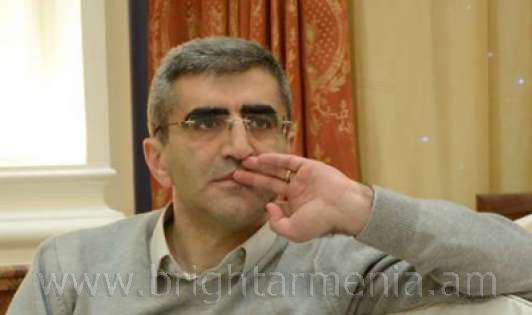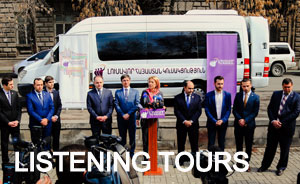Interview | Gevorg Gorgisyan: ‘We will prevent the authorities from turning away from the values of the revolution’ ...
May 15, 2019
 Speaking to OC Media, Gorgisyan said that My Step, the ruling coalition whose leader Nikol Pashinyan has publicly rejected ideological commitments, was hard to define politically. As post-revolutionary Armenia moves forward, he doubted that this lack of clarity was a good thing for the democratic process.
Speaking to OC Media, Gorgisyan said that My Step, the ruling coalition whose leader Nikol Pashinyan has publicly rejected ideological commitments, was hard to define politically. As post-revolutionary Armenia moves forward, he doubted that this lack of clarity was a good thing for the democratic process.Gorgisyan characterised the choice to consider Russia the country’s sole strategic partner as risky and suggested a more multi-vector approach. At the same time, he said Bright Armenia liked Pashinyan’s current approach to negotiations with Azerbaijan over Nagorno-Karabakh while stressing that there was a need to develop the country’s defence industry.
The Bright Armenia leader played down tensions between Bright Armenia and the Prosperous Armenia Party, the largest opposition party in parliament, saying they had been stoked by the media, and that they had managed to find a common language in regards to some issues.
He reiterated frustrations with what his party deemed a lack of participation in contributing to the government’s five-year plan adopted in February. He called for a return to the parliamentary tradition of Prime Ministers reaching out to other factions’ proposals before the final submission of a plan.
Gorgisyan said that instead of pursuing ‘immediate’ goals like social assistance programmes, the government must set out a long-term plan for economic development. According to him, this means implementing a liberal economic policy to become more competitive, produce and export more goods, retrain the local labour force, support technological innovations, and ensure a stable investment environment.
He criticised proposed amendments to the tax code as offering superficial changes that would not produce the intended results and said his party’s own proposals were on the way.
In the interview, Gorgisyan questioned Pashinyan’s approach of merging ministries as a solution to dysfunctional agencies.
He said his party still advocates for cutting the power of the prime minister that he said had resulted in a lack of legislative control over the security services.
Below, is our conversation.
Mr Gorgisyan, during the campaign for snap parliamentary elections, the Bright Armenia Party positioned itself as the party that would take the role of opposition in Parliament. You received 18 seats in the elections and formed the third biggest faction. Now that some time has passed since the elections, do you think your party managed to become a real opposition force?
With our work, we are trying to become that important counterbalancing power in Parliament that will prevent the authorities from turning away from the values of the revolution and repeating the mistakes that the revolution stood up against.
Now the opposition has a very important mission which is to prevent the repetition of previous mistakes because if it turns out that the revolution does not bring about any changes, the population will become more depressed. We have no right to let this happen and the opposition has an important counterbalancing role here.
Besides Bright Armenia, there is one more opposition party in Parliament — Prosperous Armenia — which has more seats. There was tension between these two parties during the election campaign, which became even more visible when the leaders debated on public television. How would you assess Prosperous Armenia, do you consider them to be oppositional, is cooperation around any political agenda or issue between these two parties possible?
We already cooperate around different projects. Prosperous Armenia declared themselves as opposition and only the public can and should assess the extent of that. I think it’s wrong for any political power to give assessment if another is good or better — the citizens should do this and they will do so during the next elections.
Regarding cooperation — there are some projects around which we have similar positions and we are trying to find common ground for cooperation around these issues. In reality, the tension was manufactured more by the media than was the reality, because the issues we raised were completely political. In some cases, Prosperous Armenia’s response was not political and not proper, but then that disagreement was exaggerated by the media.
Despite Pashinyan claiming that ideologies do not matter, what ideology do you think My Step has, taking into consideration their proposed projects, agendas and policies?
It is a little bit complicated, because My Step is an alliance and there are different non party members there. My Step has a majority in Parliament and it’s important for them to have a clear position so that the public know what to expect from them in different situations.
They do not have a clearly defined ideology, if we look into individual MPs, we can see a wide range — from ultra-conservative nationalists to neoliberals among them — and they do not have a clear conceptual position or where they see themselves in the field of -isms.
Do you think this is a disadvantage?
I consider that it’s acceptable because these were snap elections, because after the revolution we saw situational solutions, developments were very fast and all political parties faced difficulties.
If we want to have a well developed political scene, parties should compete against each other with their ideologies and the public should consider which has a more competitive and important approach and elect them accordingly.
In one of your interviews you mentioned that Bright Armenia had made proposals regarding the government plan, and those proposals were not accepted. Have you managed to find out what the reasons were?
We do not have a mechanism to make suggestions for the government plan. There used to be a positive tradition before, where the Prime Minister met with all the factions and they had the opportunity to present their suggestions, and only in this way was it possible to include them in the plan.
This time, the government sent the approved plan to Parliament and we could only make observations: it could not be changed. The only option to change the plan was for Parliament not to adopt it, in this case, the government would be dissolved and a new government would be formed and it would propose a new plan. Obviously, no one was going to do this.
In terms of establishing positive traditions, it would be beneficial for the government to meet with other factions, because we managed to develop a document with more than 50 proposals for amendments. However, we were not able to present them and had to raise our concerns and question the plan through our speeches in parliament.
What do you consider to be the social issues that need to be urgently addressed?
I wouldn’t say urgent but long-term solutions. The previous government could not deliver systematic improvements because it was going after immediate solutions. The most important solution to social issues is creating jobs, which means economic development. We can solve social issues only through economic development.
The government cannot hand out unemployment benefits indefinitely. Social programmes should not be about giving out money but about preparing people to enter the labour market and supporting them for some time while they attend special training courses.
Preparing people to enter the labour market should be the basis of social policy. And then, implementing a liberal economic policy, creating a predictable investment environment for investors to come.
On the one hand, even local investors keep their money and do not make investments, this is due to the unstable political situation, elections, revolution and so on. On the other hand, the process has started but we have not had that [investment] boom yet. There are some investments, we cannot deny that, but we need more, but for more, we need clear and predictable economic conditions — first of all, a new tax code.
Speaking of the tax code — how do you see the proposed amendments to introduce a flat tax?
The current tax code was designed for a shadow economy — everything was organised in a way as to make it more beneficial for citizens to evade paying taxes and become a part of the systemic corruption. However, now that we do not have corruption, the tax code should be completely changed, but the proposed amendments are just superficial changes.
A flat tax is introduced so income tax is lowered but instead indirect taxes are increased, which is not acceptable for a country like Armenia, especially considering that it would bring about an increase in prices which in its turn will cause serious social issues.
Here, long term goals are needed, for example, introducing new technologies and technical innovations in the economy, because, without this, no economic revolution or economic miracles are possible. If you continue producing the same products using the same methods, you do not become competitive in the international market. If you are not competitive, you do not increase exports and only through increasing exports can we have serious economic development.
We need to use our scientific potential for this and we need to create that potential because we have serious problems in science and education, there are no signs of changes in these spheres.
Moreover, we need to understand the problems, increase the role of schools and universities, which need to be transformed from educational institutions into scientific centres and universities supplying the economy with innovation.
When this cycle of education-science-economy starts working, our economy will grow fast and this, in its turn, will bring solutions to all other problems. Currently, we are developing proposals regarding the flat tax and we will soon publish them.
What are your preferences in foreign policy vector? It seems Bright Armenia is perceived as a pro-European party.
We are pro-Armenian, which means that we are defending Armenian interests. However, we consider that having just one strategic partner — Russia — as was mentioned in the government plan, is quite dangerous and careless considering our geopolitical situation and global developments.
We need to achieve a strategic partnership with the EU, we need to deepen relations with Iran and Georgia. We have just one route to the sea, through Georgia, and there are lots of problems with Georgia that are very seldom talked about. We have an Armenian community [in Georgia] which has lots of problems, the community is dissatisfied with the Armenian ambassador there.
While continuing its strategic partnership with Russia, Armenia should not exclude but deepen and develop relations with other power centres, bringing those relations to the level of a strategic partnership.
Do you have a vision and proposals for the resolution of the Nagorno-Karabakh conflict?
We like the current approach of the government to the Nagorno-Karabakh issue. We have questions of security and the status of Nagorno-Karabakh on the table, the issue of preparing people for peace is being talked about.
People in Armenia have long been ready for peace and we live peacefully, but we have a problem because as long as there is Armenophobic propaganda in Azerbaijan, we cannot talk about compromises and as long as the rhetoric there is about eliminating Armenians and Armenia, conquering Yerevan, we have to talk about keeping our borders safe. For this, we need to develop our defence industry, develop our economy and science, to sponsor and bring new impulses to the defence industry. We need to work on a daily basis for this, we have no time to lose.
What legislative initiatives and amendment proposals do you intend to present to Parliament in the near future?
There are several initiatives. Soon we are going to discuss the structure of the government — we continue to say that there’s a need to abandon the super-parliamentarian system [in which the Prime Minister enjoys wide-ranging powers]. There’s not a single country with a parliamentary system of government where law enforcement bodies — the police, national security service, and tax service would be out of parliament’s control.
Of course, according to the constitution, parliament oversees the government, but the problem is that only members of the government are obliged to come to parliament for hearings and inquiries, which means that the above-mentioned bodies are not under Parliament’s control since they are not officially part of the government though they are under Prime Minister’s control.
Our priority is to transform all these law enforcement bodies and the tax service into ministries. We also consider that closing the Ministry of Agriculture and Ministry of Culture and merging them into other, already overloaded ministries is not efficient: if something doesn’t work, you can’t just close it, you have to make it work.



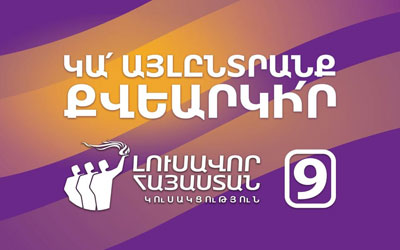
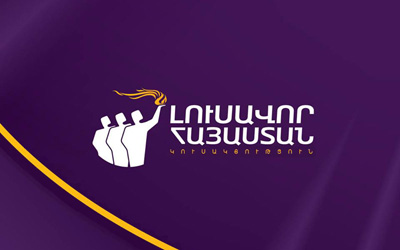
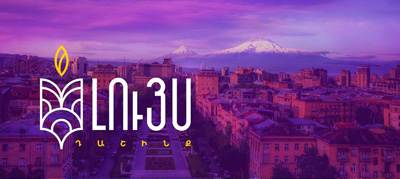
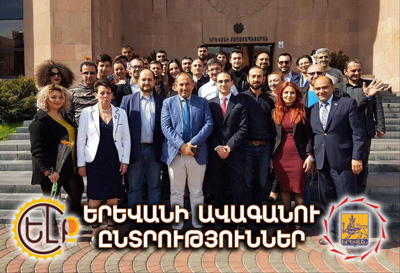
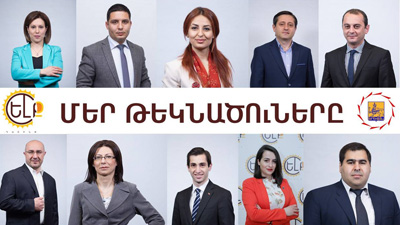
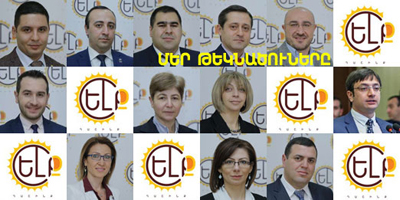
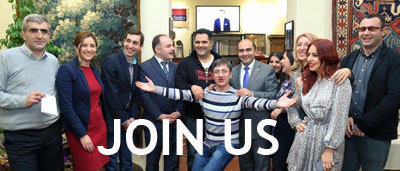
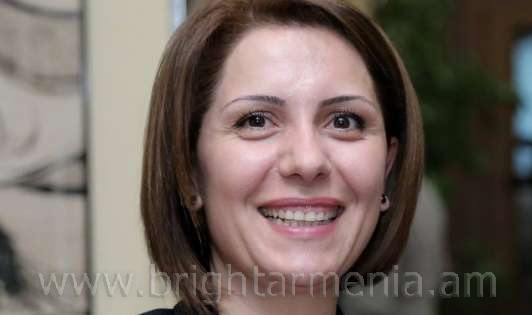
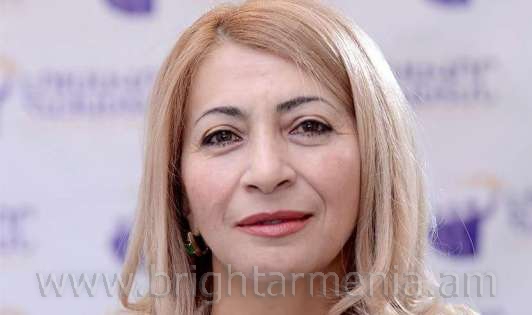
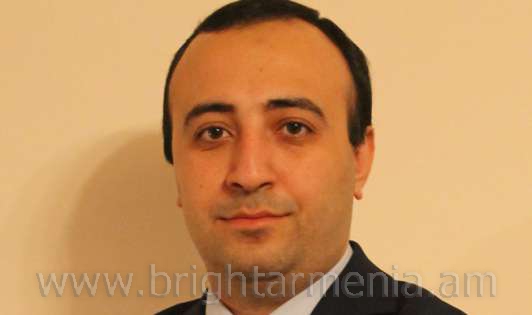
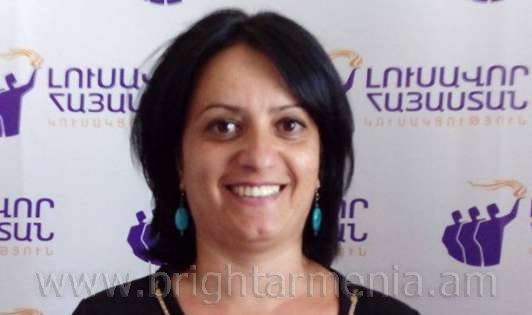
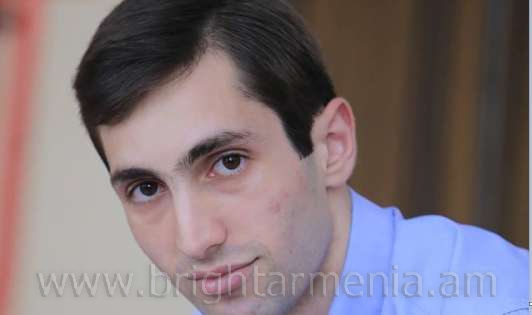
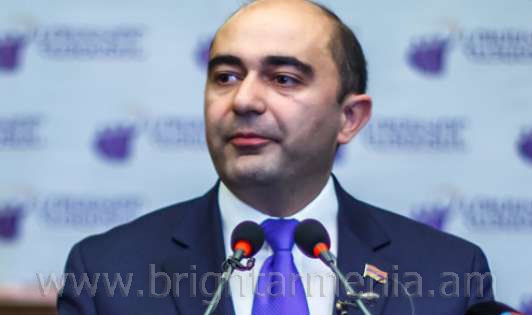
 14192588_1235055369859845_5972317306482858817_n.jpg)
